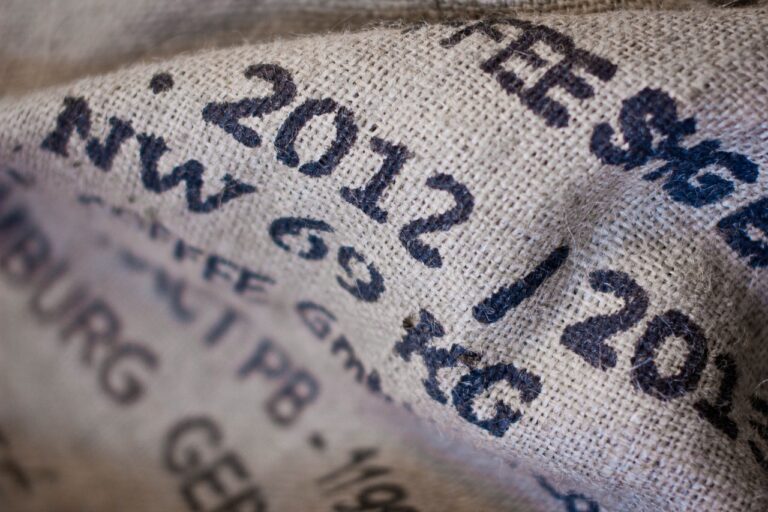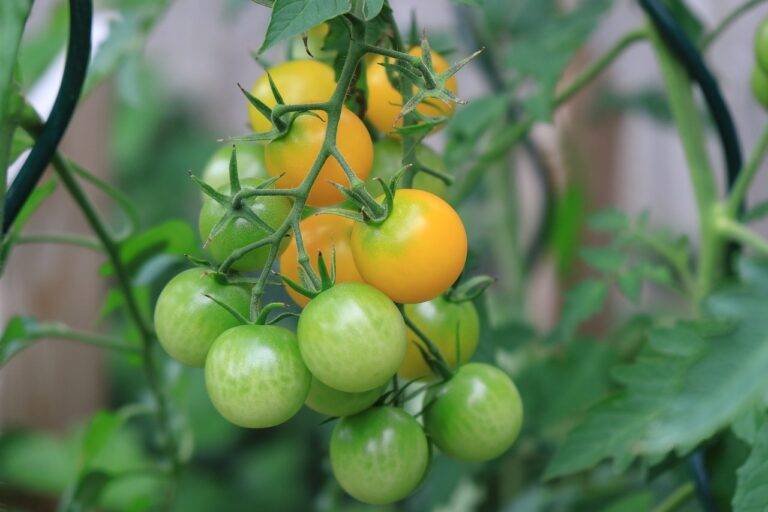Promoting Sustainable Food Choices Through Urban Farming: Tiger exchange, Golden77, Sky 99 exch id
tiger exchange, golden77, sky 99 exch id: Urban farming is a growing trend that is reshaping the way we think about food production in cities. By growing food in urban areas, we can promote sustainable food choices, reduce our carbon footprint, and increase access to fresh, healthy produce for urban dwellers. In this article, we will explore the benefits of urban farming and how it can help promote sustainable food choices in our communities.
Benefits of Urban Farming:
1. Sustainable Food Production: Urban farming allows us to produce food locally, reducing the need for long-distance transportation and lowering our carbon footprint. By growing food in city centers, we can also reduce the amount of land needed for agriculture, helping to preserve natural habitats.
2. Fresh, Healthy Produce: By growing food in urban areas, we can ensure that city dwellers have access to fresh, healthy produce. This can help to improve the health and well-being of urban communities, particularly in areas where access to healthy food is limited.
3. Community Engagement: Urban farming can bring communities together, providing opportunities for people to connect with each other and with the natural world. Community gardens and urban farms can serve as gathering places, where people can learn about gardening, healthy eating, and sustainable agriculture.
4. Education and Empowerment: Urban farming can be a powerful tool for education, teaching people about where their food comes from and how it is grown. By empowering people to grow their own food, urban farming can help to build a more resilient and self-reliant food system.
5. Green Spaces: Urban farming can help to create green spaces in cities, providing habitat for wildlife and improving the quality of urban environments. Green roofs, community gardens, and urban farms can help to cool cities, reduce air pollution, and increase biodiversity.
6. Economic Opportunities: Urban farming can provide economic opportunities for city residents, particularly in underserved communities. By growing food locally, urban farmers can create jobs, generate income, and support local economies.
Challenges of Urban Farming:
1. Limited Space: One of the biggest challenges of urban farming is finding suitable space for growing food in densely populated cities. Urban farmers may need to be creative in finding ways to grow food in small spaces, such as rooftop gardens, vertical gardens, and indoor hydroponic systems.
2. Soil Quality: Urban soil can be contaminated with heavy metals and other pollutants, making it unsuitable for growing food. Urban farmers may need to remediate soil or use raised beds and container gardening to ensure that their produce is safe to eat.
3. Water Availability: Water can be a limiting factor for urban farming, particularly in arid regions or during periods of drought. Urban farmers may need to find innovative ways to collect and conserve water, such as rainwater harvesting and drip irrigation systems.
4. Zoning Regulations: Zoning regulations can pose challenges for urban farmers, particularly in areas where agriculture is not permitted. Urban farmers may need to work with local governments to advocate for changes to zoning laws and regulations that support urban agriculture.
5. Pests and Disease: Urban farming can be more susceptible to pests and diseases than rural agriculture, due to the close proximity of plants and lack of natural predators. Urban farmers may need to use organic pest control methods and practice good crop rotation to prevent pests and diseases from spreading.
6. Lack of Knowledge and Skills: Urban farming requires knowledge and skills that may not be readily available in urban areas. Urban farmers may need to access training and resources to learn how to grow food effectively in urban environments.
Promoting Sustainable Food Choices Through Urban Farming:
1. Educate and Raise Awareness: One of the first steps in promoting sustainable food choices through urban farming is to educate and raise awareness about the benefits of growing food locally. Community workshops, school gardens, and public events can help to spread the word about the importance of urban farming.
2. Support Local Farmers: Support local farmers and urban agriculture initiatives by buying produce from farmers markets, community-supported agriculture (CSA) programs, and urban farm stands. By supporting local farmers, you can help to promote sustainable food choices and build a more resilient food system.
3. Get Involved: Get involved in urban farming by volunteering at a community garden, joining a community-supported agriculture program, or starting your own urban farm. By getting your hands dirty and connecting with the land, you can gain a deeper appreciation for where your food comes from and the work that goes into growing it.
4. Advocate for Change: Advocate for policies and regulations that support urban agriculture, such as zoning laws that allow for urban farming, incentives for landowners to lease or donate land for community gardens, and funding for urban agriculture programs. By speaking out and taking action, you can help to create a more supportive environment for urban farming.
5. Buy Local and Seasonal Produce: Support local farmers by buying produce that is in season and grown locally. By buying local, you can reduce the carbon footprint of your food and support sustainable agriculture practices in your community.
6. Reduce Food Waste: Reduce food waste by composting kitchen scraps and leftovers, using food scraps to feed livestock or fertilize gardens, and preserving excess produce for later use. By reducing food waste, you can help to conserve resources and reduce the environmental impact of our food system.
7. Choose Organic and Sustainable Practices: Choose organic and sustainable farming practices when buying food and supporting local farmers. Look for organic and eco-certified produce, support farmers who use sustainable agriculture practices, and avoid products that contain harmful chemicals and pesticides.
FAQs:
Q: What is urban farming?
A: Urban farming is the practice of growing food in urban areas, such as rooftop gardens, community gardens, and vacant lots. Urban farming can help to promote sustainable food choices, reduce our carbon footprint, and increase access to fresh, healthy produce in cities.
Q: How can I get involved in urban farming?
A: There are many ways to get involved in urban farming, such as volunteering at a community garden, joining a community-supported agriculture program, or starting your own urban farm. By getting involved in urban farming, you can help to build a more resilient and sustainable food system in your community.
Q: What are the benefits of urban farming?
A: The benefits of urban farming include sustainable food production, fresh and healthy produce, community engagement, education and empowerment, green spaces, and economic opportunities. Urban farming can help to improve the health and well-being of urban communities and create a more sustainable food system for the future.
Q: How can urban farming help to promote sustainable food choices?
A: Urban farming can help to promote sustainable food choices by reducing the carbon footprint of our food, increasing access to fresh and healthy produce, supporting local farmers, and building a more resilient and self-reliant food system. By growing food locally in cities, we can help to create a more sustainable and equitable food system for all.
Q: What are some challenges of urban farming?
A: Some challenges of urban farming include limited space, soil quality, water availability, zoning regulations, pests and disease, and lack of knowledge and skills. Urban farmers may need to overcome these challenges through innovative solutions, community support, and advocacy for policies that support urban agriculture.
In conclusion, urban farming is a powerful tool for promoting sustainable food choices in our communities. By growing food locally in cities, we can support local farmers, reduce our carbon footprint, and increase access to fresh, healthy produce for urban dwellers. Through education, advocacy, and community engagement, we can help to build a more sustainable and resilient food system for the future. So get involved in urban farming today and help to shape a more sustainable food future for all.







